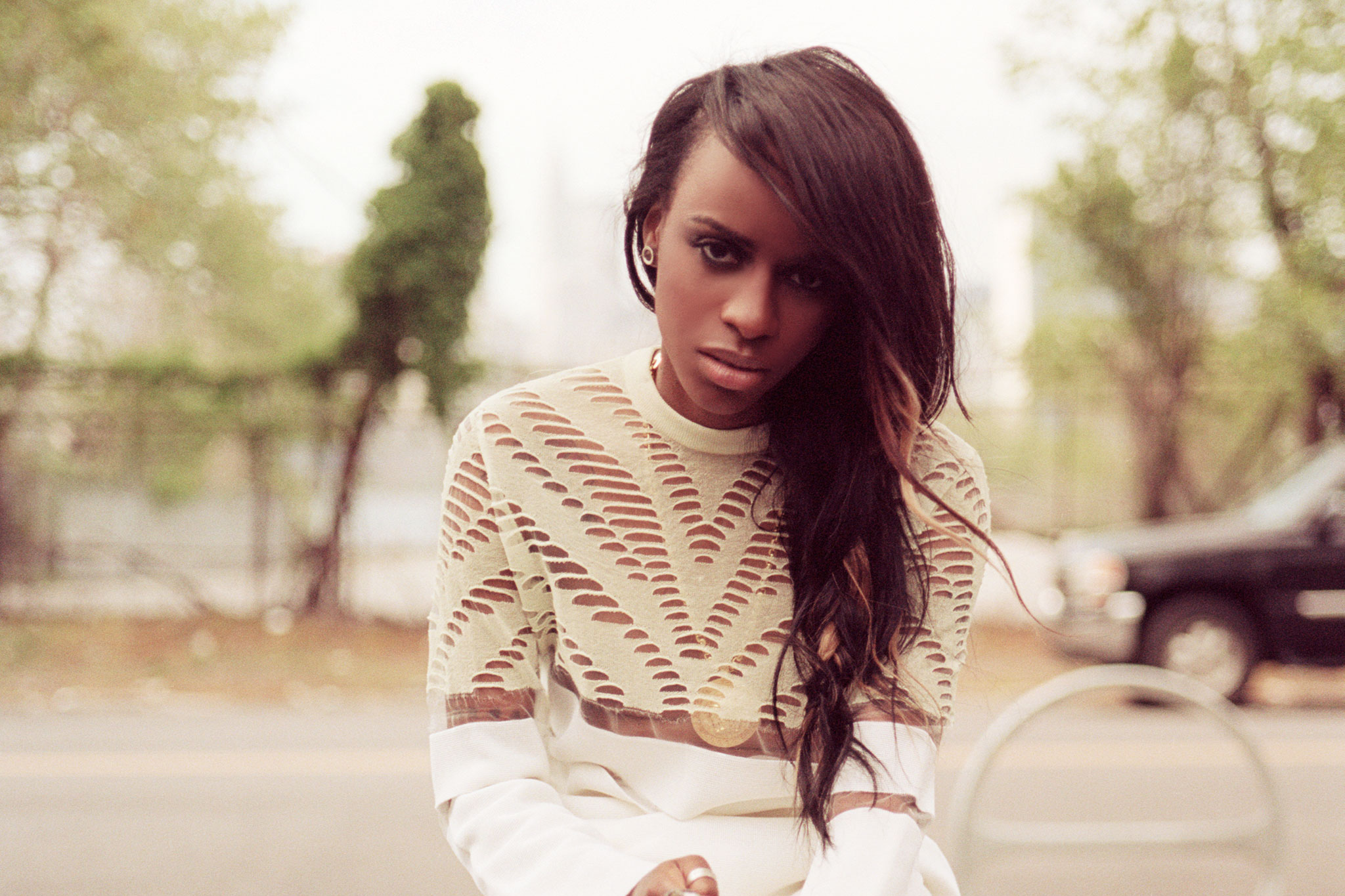Pansexual: What is it - and when did the term gain popularity?
The term has sparked interest after being used by Miley Cyrus

Your support helps us to tell the story
From reproductive rights to climate change to Big Tech, The Independent is on the ground when the story is developing. Whether it's investigating the financials of Elon Musk's pro-Trump PAC or producing our latest documentary, 'The A Word', which shines a light on the American women fighting for reproductive rights, we know how important it is to parse out the facts from the messaging.
At such a critical moment in US history, we need reporters on the ground. Your donation allows us to keep sending journalists to speak to both sides of the story.
The Independent is trusted by Americans across the entire political spectrum. And unlike many other quality news outlets, we choose not to lock Americans out of our reporting and analysis with paywalls. We believe quality journalism should be available to everyone, paid for by those who can afford it.
Your support makes all the difference.Miley Cyrus, chameleon daughter of pop, controversy and LGBT activism, delved further into her world of breaking down barriers when she recently declared she is "pansexual".
Cyrus has gained media attention in the last two years for hit tunes, sexually explicit dancing, a famous tongue and an open approach to her romantic interests.
The singer told her mum she was bisexual when she was 14, according to an interview with Paper magazine in June this year. And now she has told Elle UK that she identifies as "pansexual".
"I'm very open about it - I'm pansexual. But I'm not in a relationship. I'm 22, I'm going on dates, but I change my style every two weeks, let alone who I'm with," he said.
So what is it all about?
1. What is pansexuality?
Pansexual is a sexual identity along with bisexual, homosexual, heterosexual, asexual, polysexual, queer and more.
People use the term to describe being attracted to and falling in love with people of all and any gender, whether transgender, genderqueer, male or female. They are, to an extent, "gender-blind".
2. How is that different to bisexuality?
Bisexuality specifically recognises men and women as two genders, and describes an attraction to both.
Being pansexual means not having to register gender to be attracted to someone, so allowing for attraction to someone whose gender might not be obvious or who is transgendered - as well as more traditional identities like man and woman.

3. Who else famous identifies as pansexual?
Rapper Angel Haze, state legislator and politician Mary Gonzalez and YouTube video blogger Laci Green are among some of the higher profile personalities. However, it is still less known and understood than other sexual identities.
4. How is it different to polysexuality?
Polysexuality is attraction to multiple genders and identities. "Poly" means "many" in Greek, whilst "pan" means "all". So a pansexual person might be attracted to all kinds of identity, but a polysexual person might be attracted to just some.
5. When did the word become popular?
It seemed to gain ground in the early-to-mid-1990s, according to everyday feminism magazine. Google Trends show the word appearing on the internet as recently as 2007, a year after "genderqueer" also started to be used. It has grown in use and popularity in the LGBT community since.
Join our commenting forum
Join thought-provoking conversations, follow other Independent readers and see their replies
Comments